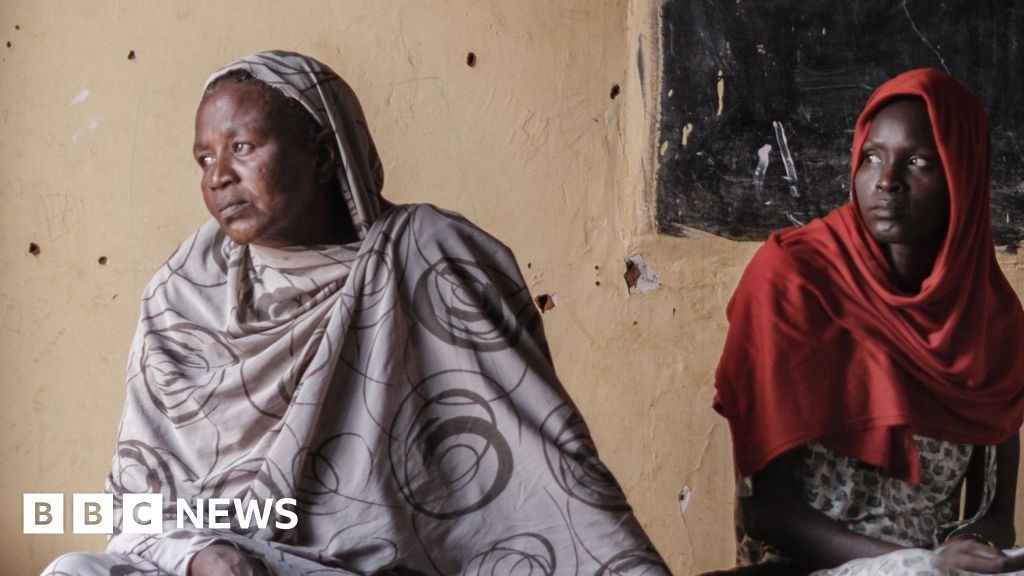It said that the UAE and France had a long-standing partnership in the defence sector and cited a parliamentary report indicating that French companies had delivered about 2.6bn euros ($2.74bn; £2.16bn) in military equipment to the UAE between 2014 and 2023.
It said the companies had a responsibility to respect human rights and to conduct “due diligence throughout their entire value chain”.
Amnesty says that it had contacted the affected companies and the French authorities regarding the use of the defence system but had received no response.
“If France cannot guarantee through export controls, including end user certification, that arms will not be re-exported to Sudan, it should not authorise those transfers,” it said.
The UN first imposed an arms embargo in Darfur in 2004, following allegations of ethnic cleansing against the region’s non-Arabic population.
Amnesty has called for the embargo to be expanded to the rest of Sudan, and to strengthen its monitoring mechanism following the outbreak of the civil war.
Amnesty has urged all countries to stop directly and indirectly supplying arms to Sudan’s fighting factions.
The paramilitary RSF, led by general Mohamed Hamdan Daglo, has been at war with Sudan’s regular army under Abdel Fattah al-Burhan since April 2023 when the two former allies took up arms against each other in a ferocious power struggle.
The RSF has been accused of ethnic cleansing in Darfur, which it has denied, blaming local militias.
Both parties have been accused of committing war crimes, with the ongoing fighting leaving thousands dead and millions displaced.
In August, a UN-backed committee of experts declared famine conditions in parts of Darfur.
The head of the UN World Health Organization (WHO) said starvation was “almost everywhere” following a visit to the country a month later.
“The situation in Sudan is very alarming… the massive displacement – it’s now the largest in the world, and, of course, famine,” director-general Tedros Adhanom Ghebreyesus then told the BBC.
The confluence of war, hunger, displacement and disease in Sudan has however been overshadowed internationally by the wars in Ukraine and the Middle East.
The Sudan Research Group research found that 90% of the deaths in Khartoum were unrecorded, pointing to a potentially similar situation in other regions.
However, Mayson Dahab, the lead researcher, said they did not have sufficient data to estimate mortality levels in other parts of the country or determine how many deaths in all could be linked to the war.

